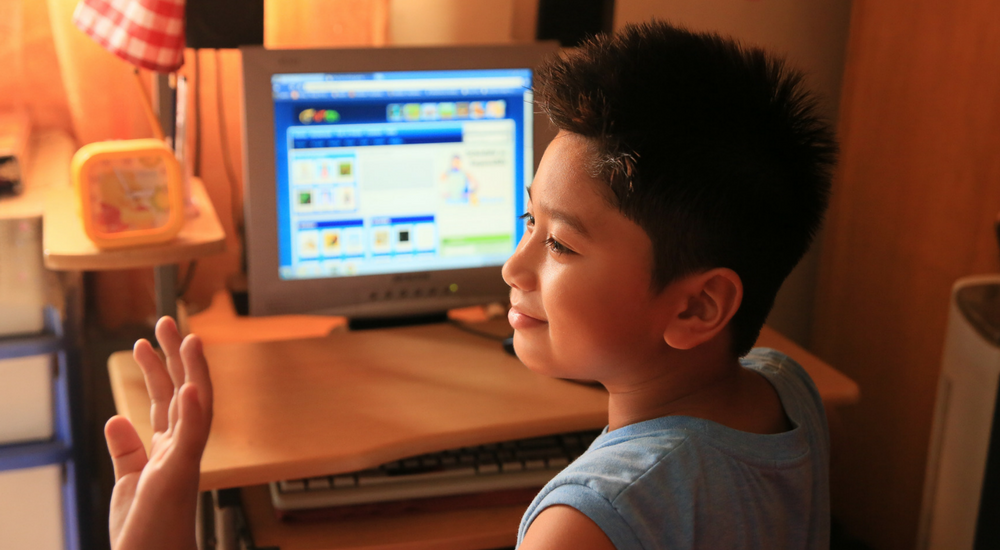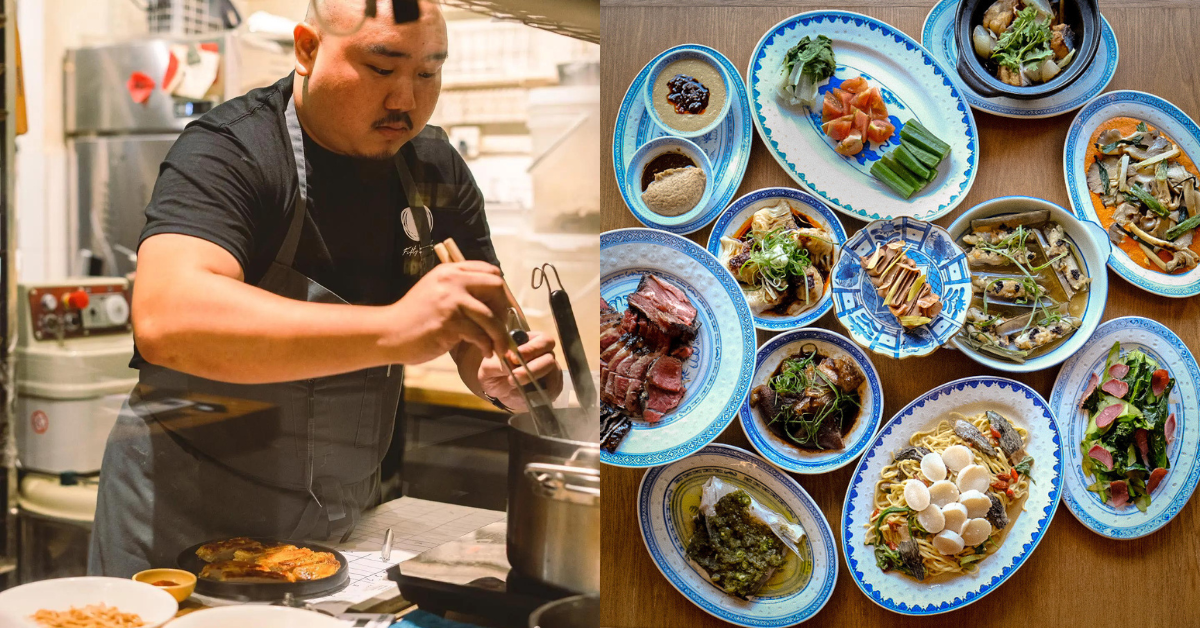These days, two conversations come up when we talk about protecting children.
- Child abuse (Corporal punishments, parental abuse, teacher abuse, etc.)
- Pedophilia (Child grooming, etc.)
These are both important discussions, don’t get me wrong.
The amount of deaths that occur from either neglect or the wrong use of corporal punishment is truly disturbing. But in our public attention to these cases, it does feel like we are neglecting another important aspect of protecting children.
Fun Fact #1: Invasion of privacy with adults isn’t often enforced in Malaysia, but the Child Act of 2001 specifically brings up a child’s right to privacy in Article 16.
It was really hard to find information about this, which proves that this is an important issue that isn’t yet being discussed in Malaysia.

Malaysia signed an agreement known as the Child Act 2001.
This protects the privacy of children below 18-years-old. Article 16 of that agreement states that:
- No child shall be subjected to arbitrary or unlawful interference with his or her privacy, family, or correspondence, nor to unlawful attacks on his or her honour and reputation.
- The child has the right to the protection of the law against such interference or attacks.
This is all on top of the other articles in the Child Act like:
- Article 3 (Governments have a responsibility to ensure that all kids’ rights are respected)
- Article 12 (Respect for the point-of-view of the child. The child has a right to say what they think about decisions that will impact their life)
- Article 19 (Protection from all violence, physical or mental)
These further strengthen Article 16 as well. This has come up time and time again when it comes to the media.
The media has a responsibility to withhold information that could damage the child’s right to privacy when covering child-related news. This includes details like their names, appearances or anything that might be used to identify them.
But in this day and age, especially in an era where the right to privacy is coming into greater debate, what that means is this: Article 16 could involve the child’s protection of privacy from their parents.

And according to the broadly worded point 1 in Article 16, it might apply in this scenario.
A parent’s non-rights to a child’s privacy might include actions like:
- A parent snooping on a child’s messages
- A parent taking away a child’s right to lock the door/taking away the child’s door
- A parent trying to gain access to private information on their social media pages (not what has been made public)
- A parent eavesdropping on a child’s conversations on the phone/friends
- A parent demanding or coercing a child through threats of violence or punishment to reveal information to them
- A parent sharing private information about their child on social media (like those cute kids bathing naked videos)
Fun Fact 2: The Child Care Act of 2001 was signed not just by Malaysia, but other UN-sanctioned countries like USA, UK, Australia among others, called Convention On The Rights Of The Child.
What that means is that we can actually look at how these other countries view child privacy to get a sense of how this might be implemented in Malaysia.
It’s an ongoing conversation and UK blogger Paul Bernal makes some ‘bernas‘ observations.
“Children have a right to privacy—and not in the technical, legal sense (though in that too, because it’s enshrined in Article 16 of the United Nations Convention on the Rights of the Child, which the UK has both signed and ratified) but in what I would call the real, natural, sense.”
“Part of that privacy— perhaps the most important part of that privacy—relates to privacy from their parents,” said Paul.
“That’s the part that children are most likely to care about too—they’re not so worried about the government snooping on them, or companies gathering their personal details for marketing purposes—but they do care about, and need to have some control over, what their parents know about their private thoughts.”
However, this aspect of the law goes largely unenforced. And that’s because:
- To a certain extent, parents do have the right to protect and shape their children’s way of life, even if it’s by doing something their child wouldn’t like.
- If a child has been caught engaging in risky behaviour online, like considering extremism or being in contact with pedophiles, parents are then advised to closely monitor their kids’ behaviour online.
- There hasn’t been a landmark case that ruled in the child’s favour, because kids in Malaysia haven’t attempted to sue their parents for invasion of privacy yet.
- It really hasn’t been discussed enough to warrant any inclination either side
But if a parent does decide to invade a child’s privacy, then according to Article 16, the child does have the right to the protection of the law against such interference.
However, there isn’t much in the Penal code that actually makes it easier for children to get justice from abusive parents, even the “typically” abusive ones that hit their children.
There’s lots of articles that enshrine the rights of kids, but if they actually wanted to do anything about it, all they can really do is to contact child’s rights organisations like SUKA Society, or UNICEF. Children or teenagers usually lack the funds to engage a lawyer for these proceedings.
As child abuse is considered criminal in nature, there is no statutory time limit for the child to report abusive parents. Even though the child may be an adult, they still have the right to seek justice.
But these are all related to the cases of “conventional” child abuse.
What about when well-meaning parents snoop on their kids’ Facebook for private details, or those who look through their childrens’ phones to check if their kids are messaging dangerous people?
So, can I read my kid’s messages or not?
The law says no, but it’s not enforced. Based on Article 16, it’s better to err on no, until a landmark case appears to tell us otherwise.
This doesn’t mean that parents should snoop with impunity even if the law is unclear on it.
Psychological studies prove that kids who grow up without privacy can be subject to emotional distress, especially teens who need more privacy to figure out who they are individually.
According to an article in The Independent, “Researchers found that people who reported their parents had intruded on their privacy in childhood or encouraged dependence were more likely to have low scores in surveys of happiness and general wellbeing carried out in their teens, their 30s, their 40s and even their 60s.”
It indicates to your child that you don’t respect them as a person, and destroys the trust that you might have built with them otherwise.
In another article that lists the boundaries that you and your kid should have in great detail, it states that, “Going through kids’ things is impolite, offensive, and could seriously damage your credibility if they found out.”
“And it probably won’t ease your mind anyway. In fact, reading the musings of a moody teenager may cause you unnecessary worry.”
And if you want to learn when, this is a very comprehensive guide on how to do it, from toddlers to teens. And here’s another one about straddling the line between privacy and safety.
In fact, there are so many articles online from credible sources that will tell you when and how you can acknowledge your child’s human right to privacy.
But how do I protect my child?
This is a guidebook that tells you how to educate your kids about privacy online. Other than that, in this interconnected age, it becomes even harder for parents to actively shield their kids from risks online, like cyberbullying or pedophilia.
So the best course of action is still in debate, and most parents will have different methods. But in my opinion, become the first point-of-information for your kids on these issues, and talk to them.
Don’t give them too many gory details unnecessarily, but let them now that these are problems that they might face online, especially in regards to what they can or cannot share online. They need to know what are the tell-tale signs of an abusive person online, be it pedophiles, bullies or the ilk.
Personal opinion again, but just listen to them. If this article proves anything, it’s that kids aren’t just mini-things that parents control. They’re real people. So take their concerns seriously, and never brush off what they tell you.
Chances are, the information that you feel like you have to snoop for can be obtained if you just talk to your child.
But before you can educate them, you need to educate yourself too. And it all is just a quick Google search away. In this information age, the most powerful tool you’ll have in your arsenal is information.
Raise your kids to know these things, and then trust that they’ll make good decisions.
Feature Image Credit: Wikihow









